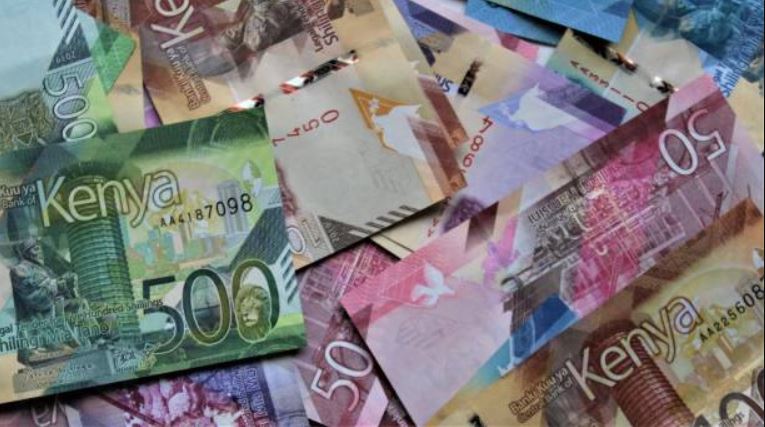×
The Standard e-Paper
Kenya’s Boldest Voice

Many people in the start-up community here in Nairobi are aware that social impact is one of the most popular forms of investment in Africa. Impact investment is a way to put money in social ventures, and the outcomes of the investment are usually developmental in nature.